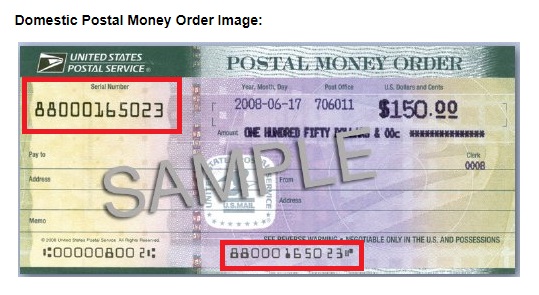If you are receiving an important amount of money and you are concerned that the gift might cost you some taxes, do not worry, the gift tax applies to the giver.
The Internal Revenue Service (IRS) defines a gift as: “Any transfer to an individual, either directly or indirectly, where full consideration (measured in money or money’s worth) is not received in return”.
In this article, we will explain to you more about the responsibilities that might come when giving money as a gift (for both the giver and the receiver).
What is the gift tax?
Contents
The gift tax is a tax applicable to any transfer of properties from a person to another, without receiving something of equal value in return. The tax can be applied even when the donor does not have the intention to make that transfer as a gift; for example:
- An interest-free or reduced-interest loan.
- A sale of something for less than its value.
- The transfer of a propriety (goods, money, real estate, etc.).
- Or the use of income from that property.
Rates and considerations
The rates on gift taxes can be quite substantial, going from 18% up to 40%; if the giver owed a tax on the gift, and does not pay it, the IRS may collect the debt from the receiver.
However, the actual payment of this tax is not that common. There is a $15.000 annual exclusion that allows making tax-free gifts (up to that amount) to different individuals.
This limit applies to the total values gifted to each recipient, and not the total sum of every gift you made. For example, you can give $10.000 in gifts to your cousin, $12.000 to your niece, and $8.000 to a friend on the same year, because none of them overpass the exclusion limit.
Receiving the money

Gifts in the form of money do not count as income if you are an individual. However, you do have to file any profits that you receive as a result of what you did with the money.
On the other hand, donations also count as gifts (as long as you do not give the donors something in exchange).
➡ READ ALSO: How the bank separates the funds
Inheritance taxes
If you are receiving money, properties, or investments from an inheritance, you will not have to count them for your individual income tax return. But, there are still two types of taxes that do apply:
- Estate taxes. This one is paid out for the right to pass on your properties when you die. They are charged directly from the inheritance so the heirs will not have to pay it. In some cases, it might affect the total value.
At a federal level, the IRS grants an exemption on estates that are valued in less than $11.58 million. If you have a spouse, you can combine both exemptions and increase the limit to $23.16 million.
However, some states have their own rate, which is usually lower, such as: Connecticut, District of Columbia, Hawaii, Illinois, Maine, Maryland, Massachusetts, Minnesota, New York, Oregon, Rhode Island, and Vermont. You can read more about this subject here.
- Inheritance taxes. This one is charged to the heirs. Only six states have it: Maryland, Kentucky, New Jersey, Pennsylvania, Iowa, and Nebraska.
In most cases, the spouse and children from the deceased’s are excluded from this tax, but the laws and criteria may vary from one place to another. Only Maryland has both estate and inheritance taxes.
Giving the money

When you give money as a gift to a family member or a beloved one, you will have to file taxes only if you exceed the annual exclusion for gifts, that have been set up to $15.000 for 2020.
But if you exceeded this threshold, there is still an option to save your money. Thanks to the lifetime gift tax exemption, you will have an $11.58 million limit that allows you to make gifts without paying taxes throughout your life.
For example:
- If you give your godchild a $100.000 gift this year, that amount will pass the annual $15.000 exemption. In this case, you must file Form 709 to report your gift to the IRS; then, the remaining $85.000 will be deducted from your lifetime gift exemption.
Regardless of this, some gifts are free from taxes even when they represent large amounts:
- The ones that are made to your spouse (if he or she is a U.S. citizen).
- Gifts made to your dependents.
- Political and charity donations.
- And funds transfer directly to medical or educational institutions.
PLUS: If your spouse is not a U.S. citizen, you have a $155.000 annual exclusion on gifts tax.





